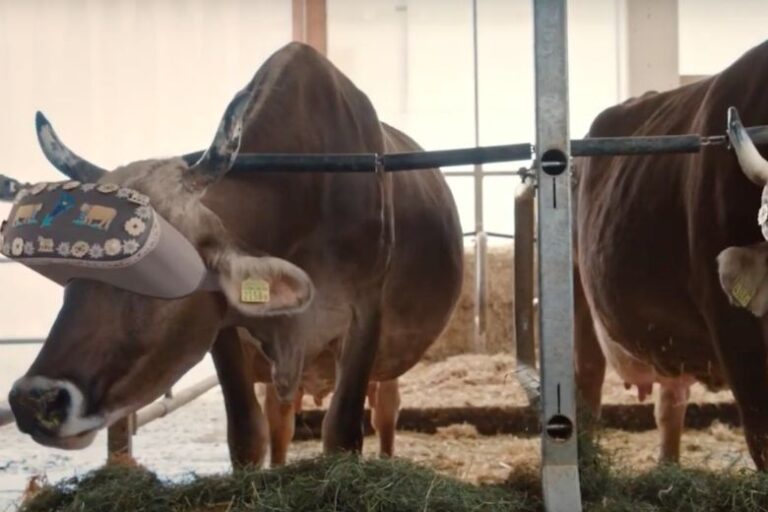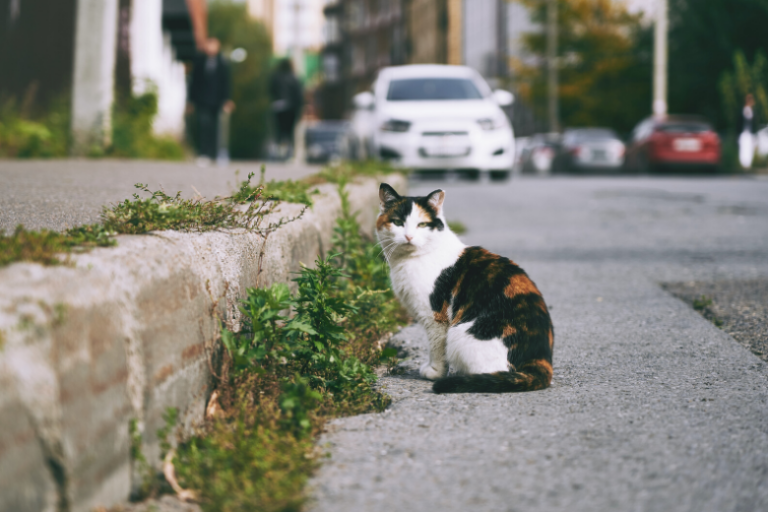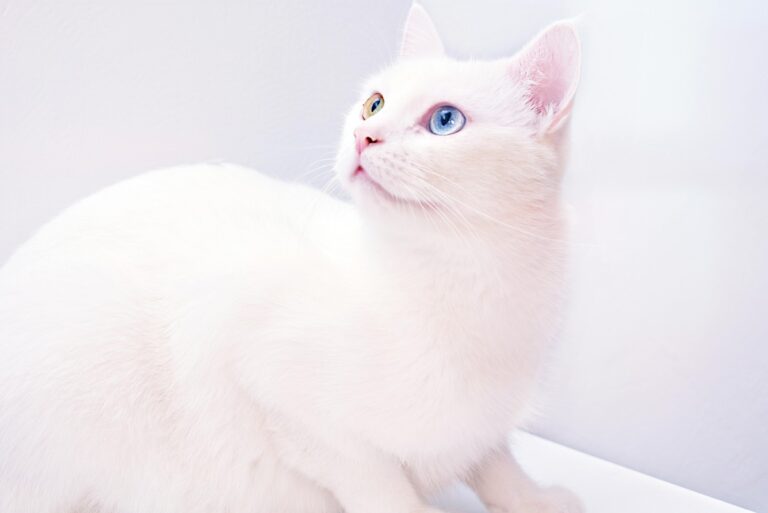10 Nutrition Tips to Ensure a Long and Healthy Life for Your Cat
Your cat’s health and longevity are directly linked to their diet. Providing balanced, nutrient-rich meals tailored to their needs can help prevent illnesses, maintain a healthy weight, and ensure they thrive for years to come. With so many options available, understanding what’s best for your feline friend is crucial.
Here are 10 essential nutrition tips to keep your cat healthy and ensure a long, happy life.
1. Choose High-Quality Cat Food

Opt for premium cat food that lists real meat, poultry, or fish as the primary ingredient. Cats are obligate carnivores, meaning their diet requires animal-based proteins for energy and overall health. Avoid foods with excessive fillers, artificial additives, or by-products.
2. Balance Wet and Dry Food
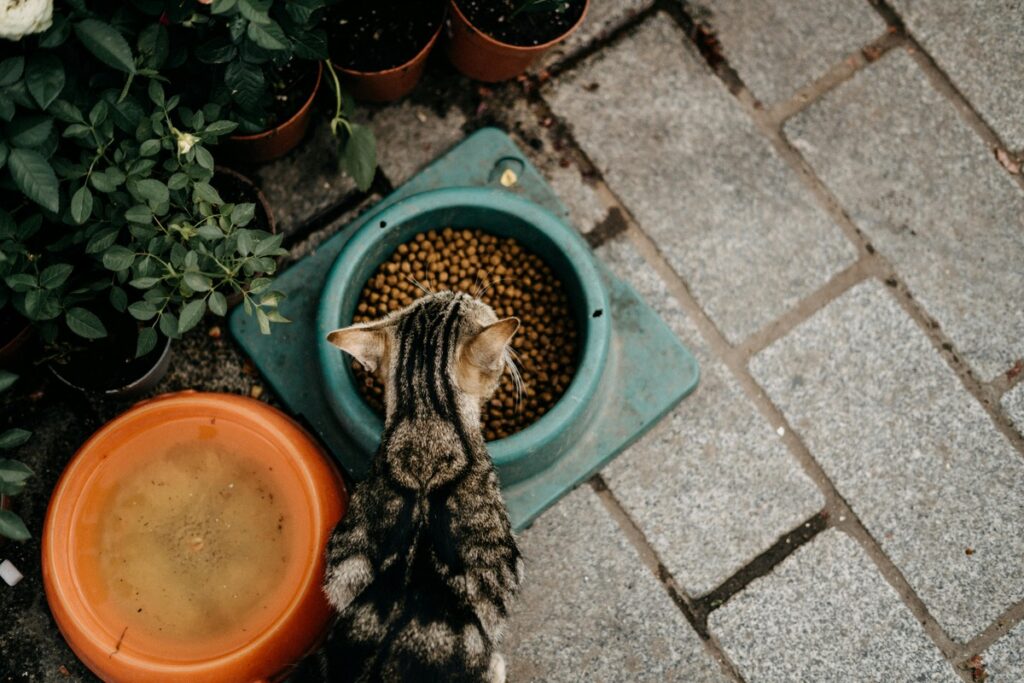
A mix of wet and dry food provides hydration and promotes dental health. Wet food helps keep your cat hydrated, especially if they don’t drink much water, while dry food can help reduce plaque buildup. Ensure both types are of high quality and meet your cat’s nutritional needs.
3. Portion Control Is Key
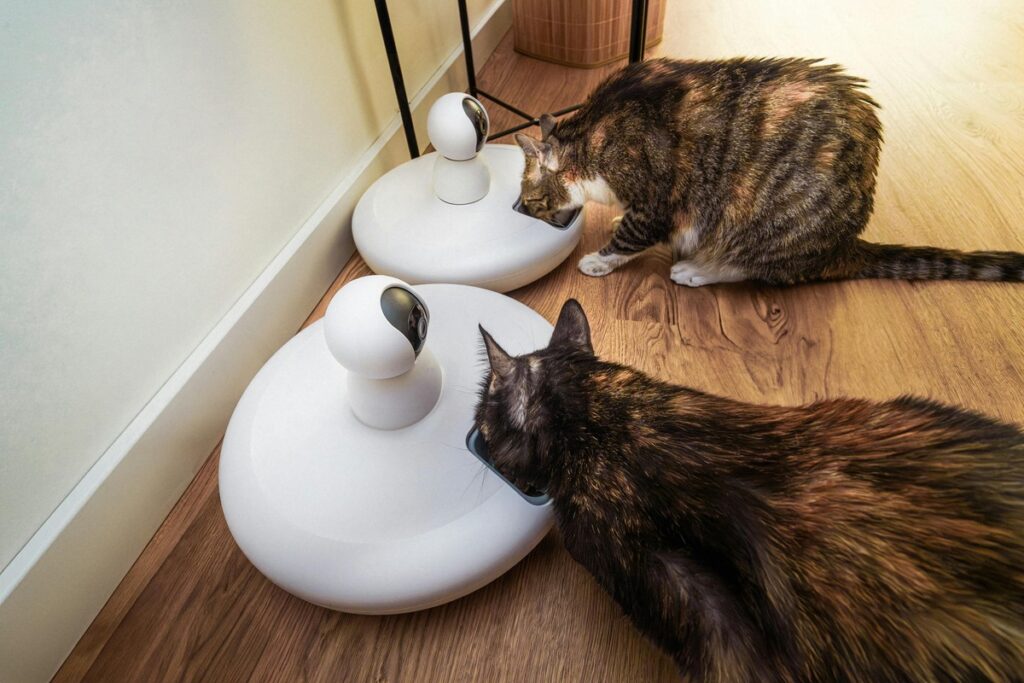
Overfeeding can lead to obesity, which increases the risk of diabetes, arthritis, and heart disease. Measure your cat’s food according to the feeding guidelines on the packaging or as recommended by your vet. Adjust portions based on their activity level and weight.
4. Keep Hydration in Check
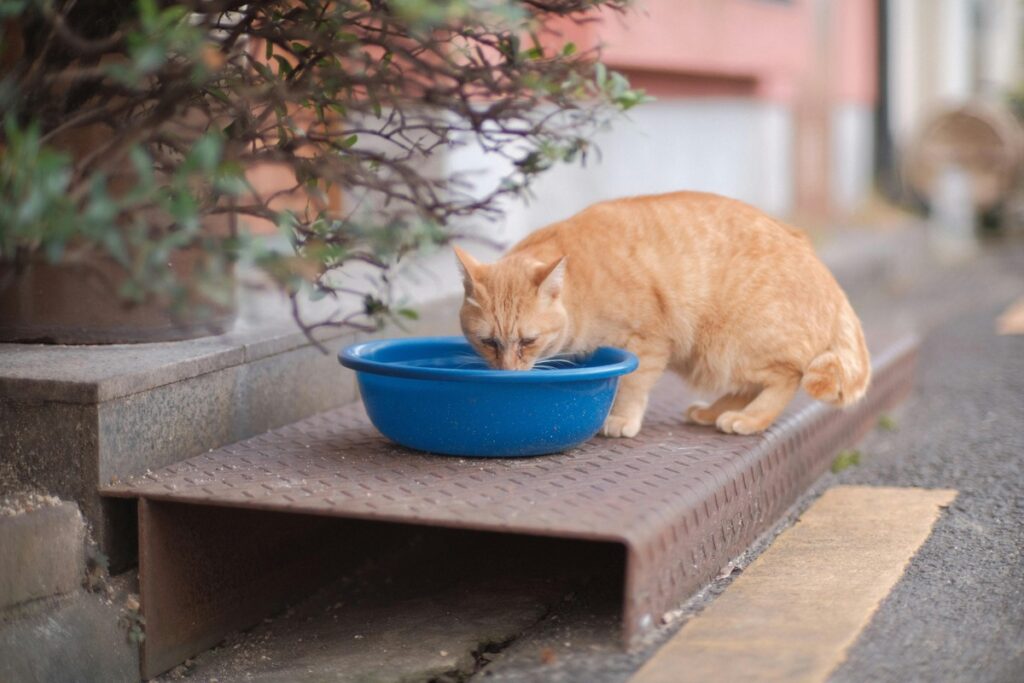
Cats often don’t drink enough water, which can lead to kidney or urinary issues. Ensure your cat has access to fresh, clean water at all times. Consider a cat water fountain, as the sound of flowing water can encourage them to drink more.
5. Provide Age-Appropriate Nutrition
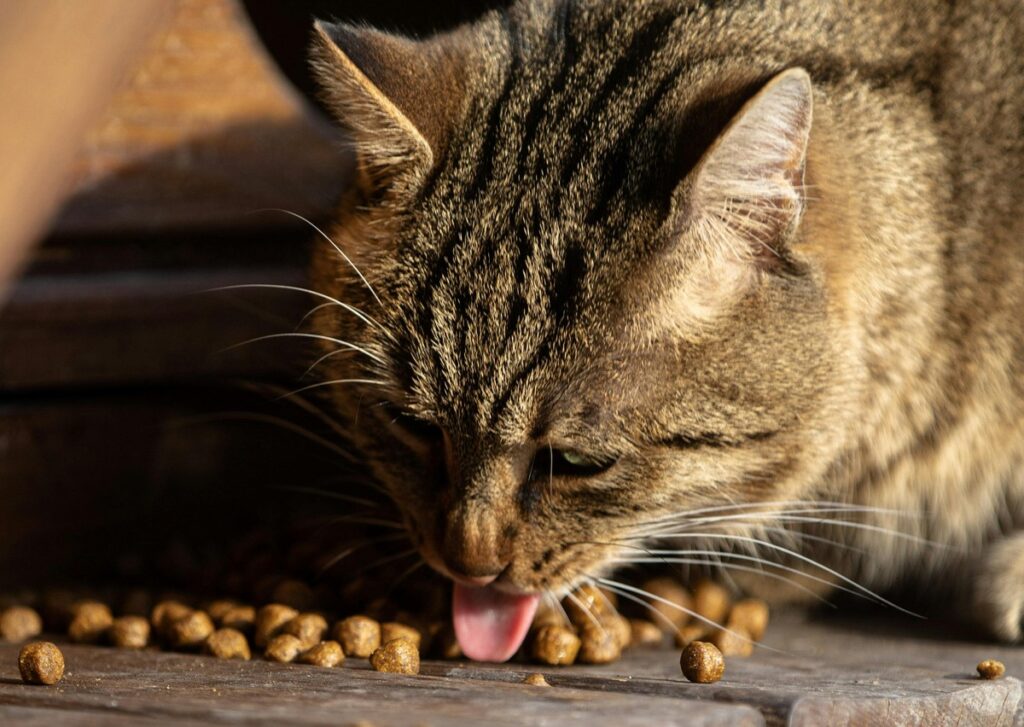
Your cat’s nutritional needs change as they grow. Kittens require more protein and calories to support growth, while senior cats benefit from diets lower in calories but rich in nutrients that support joint and kidney health. Always choose food formulated for your cat’s life stage.
6. Don’t Forget Essential Nutrients
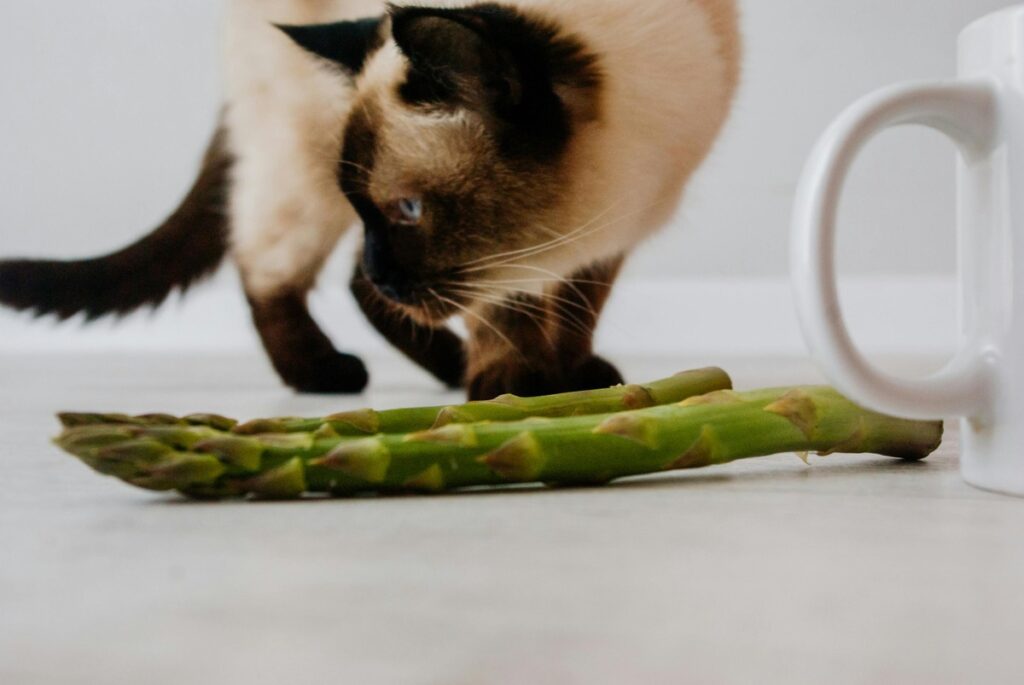
Cats need specific nutrients like taurine, an amino acid crucial for heart and eye health. Ensure their diet includes taurine, along with vitamins, minerals, and healthy fats. Most high-quality cat foods are formulated to include these essential nutrients.
7. Limit Treats and Table Scraps

While treats can be used for training and bonding, they should make up no more than 10% of your cat’s daily caloric intake. Avoid feeding your cat table scraps, as many human foods—like onions, garlic, and chocolate—are toxic to cats.
8. Introduce Variety, but Gradually

Cats can be finicky eaters, but a varied diet can prevent boredom and ensure they receive a wide range of nutrients. If introducing new foods, do so gradually to avoid upsetting their stomach.
9. Monitor Weight and Body Condition
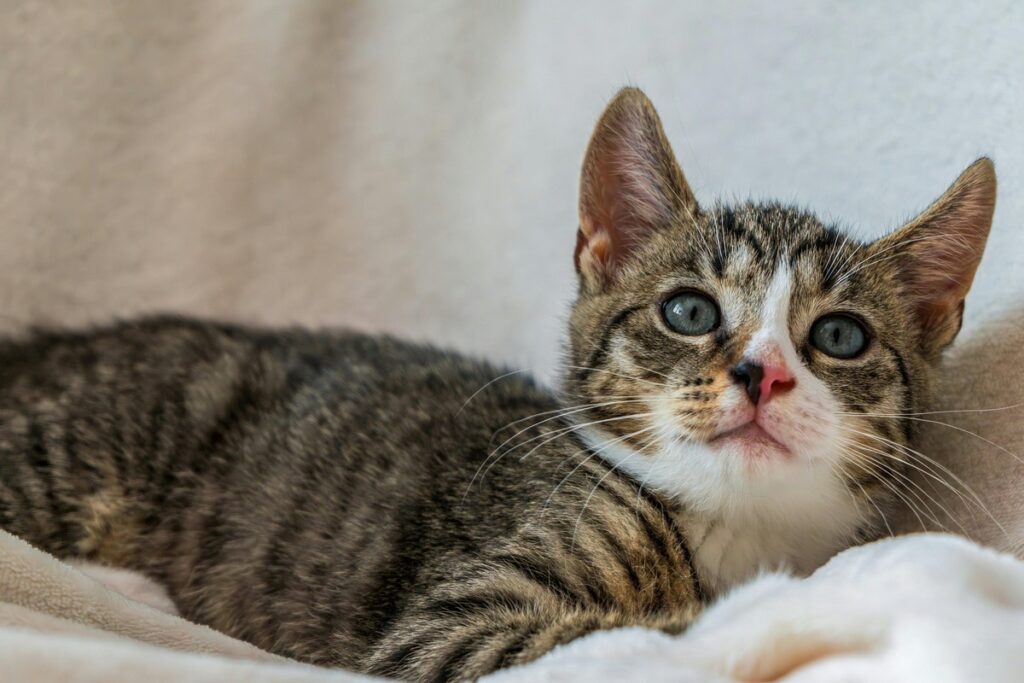
Regularly check your cat’s weight and overall condition. If they seem underweight or overweight, consult your vet for dietary adjustments. Sudden weight loss or gain can also signal underlying health issues that need attention.
10. Consult Your Veterinarian Regularly
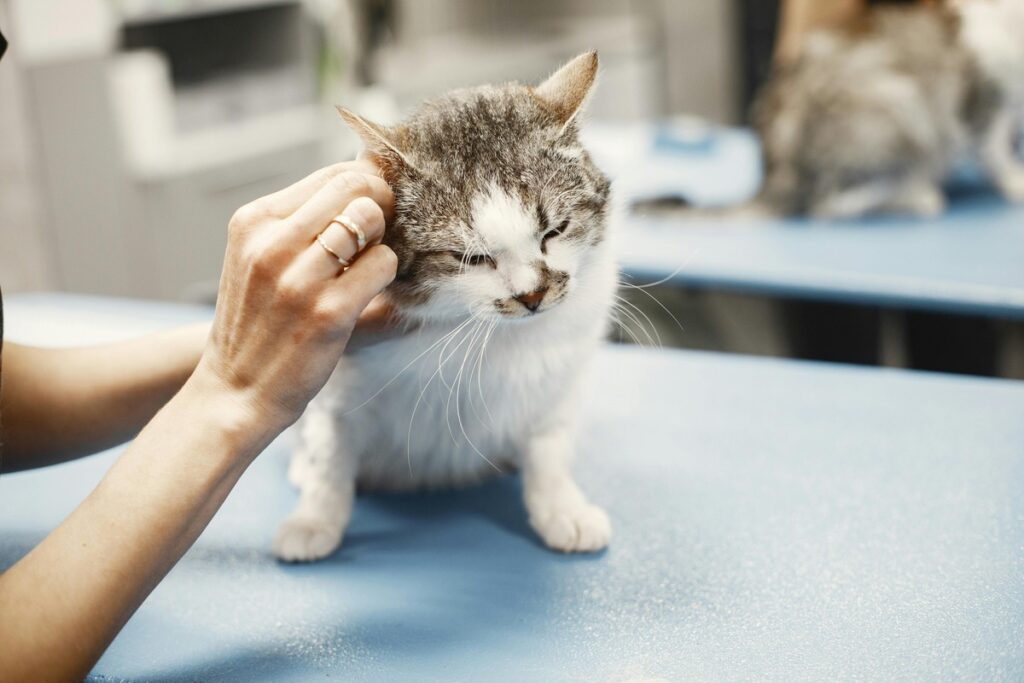
Your vet is the best resource for ensuring your cat’s nutritional needs are met. Schedule regular check-ups to discuss their diet and address any health concerns. Your vet can also recommend specific foods or supplements tailored to your cat’s unique needs.
Proper nutrition is the foundation of a long and healthy life for your cat. By prioritizing high-quality food, maintaining portion control, and ensuring proper hydration, you can help your feline friend thrive. Always monitor their weight, adjust their diet as they age, and consult your vet for guidance. With the right care and attention, you can enjoy many happy, healthy years together with your beloved cat.


